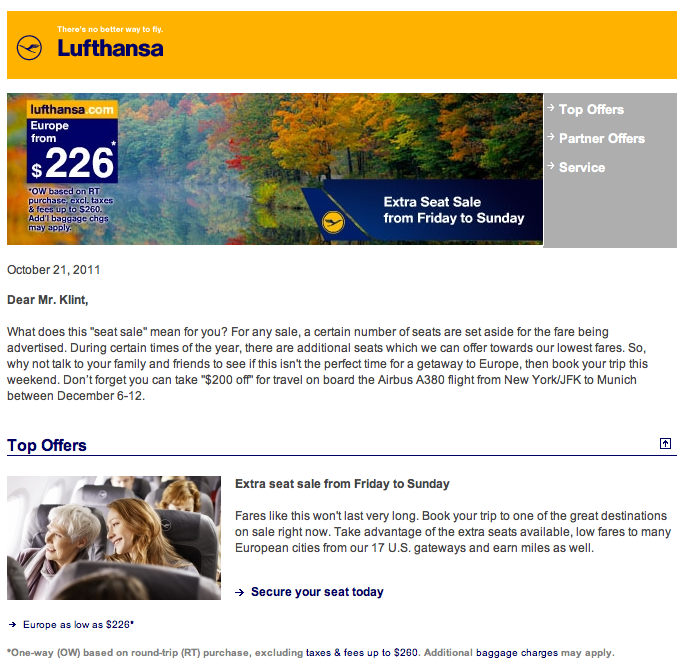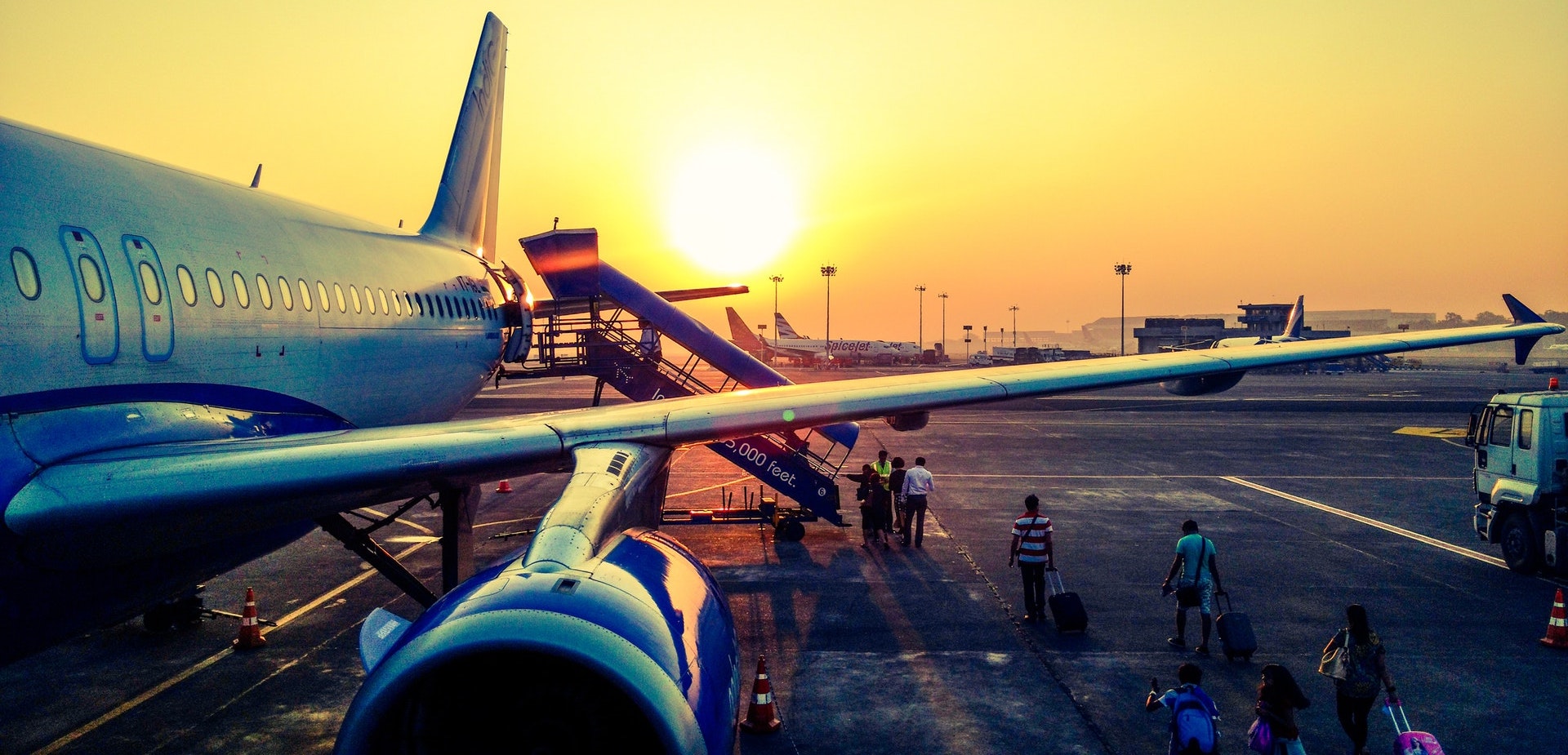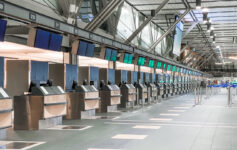Per the Wall Street Journal, the U.S. Department of Transportation has asked airline for “suggestions” as it reviews passenger protections in light of President Donald Trump’s mandate to cut “red tape”.
Not surprisingly, airlines are foaming at the mouth over the potential rollback of several consumer protections. Chris McGinnis reports a number of popular rules may be on the chopping the block.
- 24-hour courtesy cancellation period rule – currently airlines are required by law to allow passengers to hold a fare for 24 hours or cancel a fare up to 24 hours after booking, as long as travel is more than 7 days away.
- Tarmac delay rule – despite this rule working exactly as intended (extended delays have plummeted while cancellations have not noticeably risen), airlines do not like rules which limit their ability to hold passengers “hostage” for more than three hours before they must be allowed to exit the aircraft.
- Display bias rule – currently online travel agencies like Orbitz and Expedia rank fares based upon an objective metric, such as travel duration or price. Since consumers are more apt to buy fares they see at the top of search results, rolling back this rule would allow airlines to pay more to online travel agencies to show their results above others.
- All-in pricing rule – airlines must include government taxes and fuel surcharges in all fare quotes, starting from the initial search results. If that rule is rolled back, airlines will once again be able to advertise deceptively low base fares only to tack on taxes/fees later in the booking process.
- Mistake fare rule – although is has already been watered down, airlines do not want to be on the hook for so-called mistake fares. Current law does not require airlines to honor fares it filed in error, but does require airlines to pay for any incidental expenses, like non-refundable hotel reservations, that were purchased in conjunction with the canceled fare.
- Wheelchair fee – airlines are currently prohibited from charging for wheelchairs. I cannot imagine airlines will be able to get away with charging for this service, but it made the list…
Every Rule Should Stay
I’m 100% behind airlines in seeking to reign in the abuse of emotional support animals onboard planes. But each of the six consumer protections above simply make sense. That’s my opinion, of course, but let’s break down a few of these.
By all measures, the tarmac delay rule has worked extremely well. It has forced airlines to be more efficient, reduced long delays, and not come at the expense of more flight cancellations. More fundamentally, though, should passengers really be forced to sit on an airplane for more than three hours during an extended delay against their will? I say no way.
The all-in pricing rule has greatly eliminated advertising deception. Remember these sorts of advertisements before the rule went into place in 2012?

How incredibly deceptive!
Finally, I do find it ironic airlines want to protect themselves from mistake fares, but don’t want to offer consumers the same protection (in the form of a 24-hour cool-off period) when they make a mistake.
CONCLUSION
I hope that DOT Secretary Elaine Chao and her team will be prudent in balancing consumer protections with eliminating needless red tape. As far as I am concerned, nearly every consumer protections implemented in the last decade have been necessary and proper.





The executives and lawyers of these airlines are absolutely despicable. It is beyond greed now, it is just wickedness and bullying.
100% agree. I’m thinking of booking a ship passage instead of trying to fly. Its all so disgraceful.
All in pricing. Fares should include taxes. That’s what the customer pays. Advertising a rate of $15 and then saying … by the way there are $300 of taxes is misleading. The customer should however be made aware what portion goes to the government, airport authority etc
Mistake fares much of the time the buyer knows exactly what they are doing. There are websites dedicated to searching for them. They know the risks. Sometimes one airline makes the error, however there are other carriers involved in the booking. It’s invariably involving premium cabins. Perhaps airlines could add a clause in their terms and conditions
I couldn’t agree more. Eliminating basic consumer protections in an industry that has been allowed as it is to create effective service monopolies in large parts of the country seems unnecessary and unwise. The US airlines are already the most profitable airlines on Earth, so this “red tape” is not harming them.
On related note the US airlines already have a somewhat-deserved reputation for being among the most customer-unfriendly out there (hello David Dao), and I cant imagine eliminating these basic consumer protections – which would put the US far behind Europe in terms of airline consumer protection – would help in that regard…
#7 Bring back use of lethal force
Thank you republicans